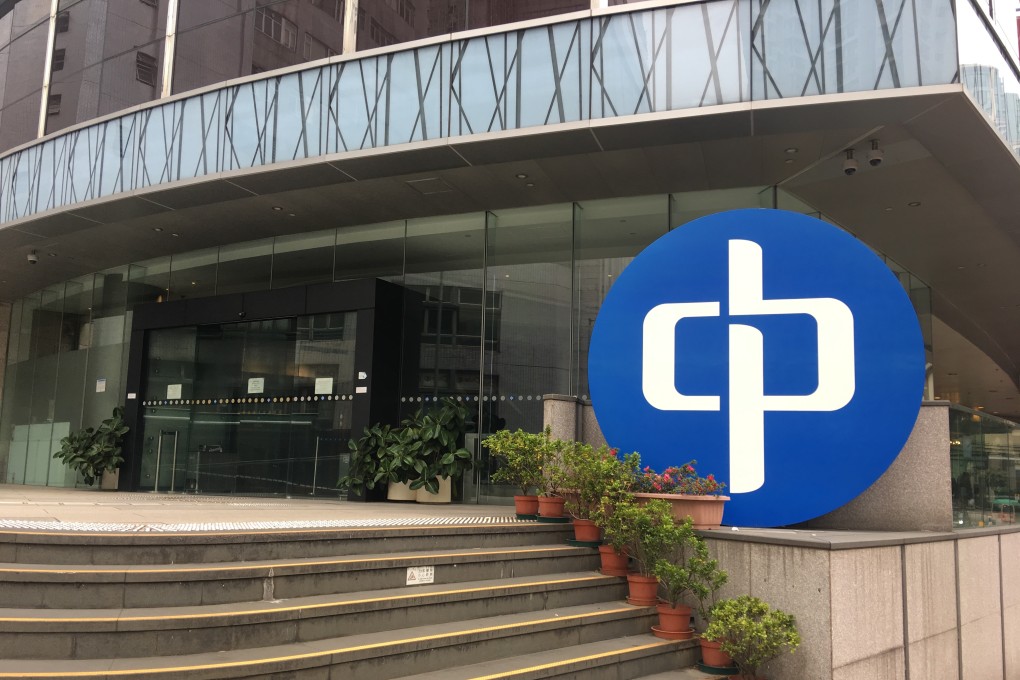Advertisement
CLP and AirTrunk come up with unique renewable energy solution for Microsoft in Hong Kong
- AirTrunk will source renewable energy certificates from CLP Power matching the electricity consumption of the data centre used by Microsoft
- The certificates will be linked to CLP’s renewable energy project in western New Territories, which uses gas from landfills for power generation
Reading Time:2 minutes
Why you can trust SCMP

Hong Kong electricity supplier CLP Power has partnered with Australian data centre operator AirTrunk to provide renewable energy matching the electricity consumption of a facility used by technology giant Microsoft in the city.
AirTrunk will source renewable energy certificates from CLP Power on an hourly basis, matching the electricity consumption of its data centre in Tsuen Wan used by Microsoft, according to a joint statement on Monday.
Hong Kong introduced the renewable energy certificate trading scheme, a voluntary market-based initiative, in 2019 as part of its long-term efforts to reduce its carbon emission levels, allowing buyers to claim carbon-reduced status in their operations.
Advertisement
Each certificate represents a certain volume of electricity from renewable sources such as solar, wind and landfill gas, either generated at home by the local power utilities, or bought from other green project owners.

The certificates used will be linked to CLP’s renewable energy project in western New Territories, which uses gas from landfills for power generation.
Advertisement
AirTrunk and CLP claim this to be the first such use of renewable energy certificates in the Asia-Pacific region, including Japan, to match renewable energy generation with electricity consumption by data centres on an hourly basis.
Advertisement
Select Voice
Select Speed
1.00x